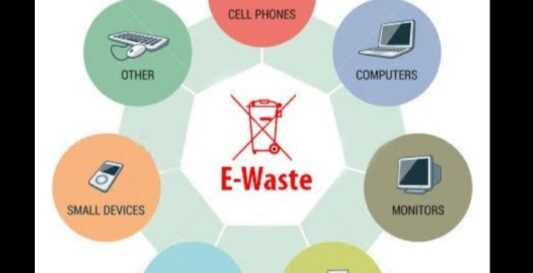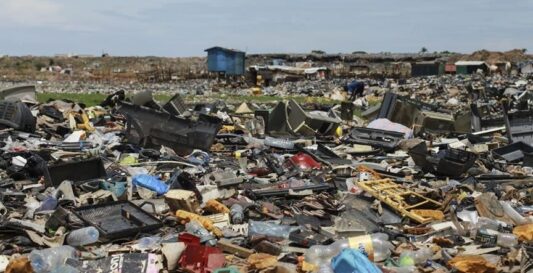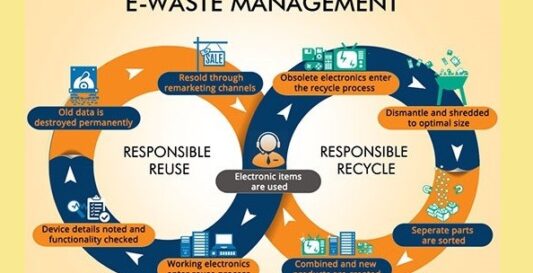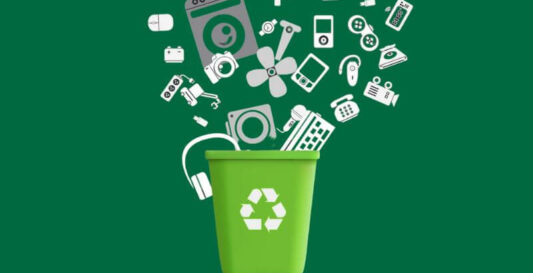There are several methods of e-waste disposal, each with its own advantages and considerations:
1. Recycling Centers: Many communities have designated recycling centers or drop-off locations specifically for electronic waste. These facilities are equipped to handle various types of e-waste and ensure that materials are properly sorted, processed, and recycled.
2. Manufacturer Take-Back Programs: Some electronics manufacturers offer take-back programs where consumers can return old or obsolete devices for recycling. This allows manufacturers to responsibly manage the disposal of their products and often includes incentives or discounts for recycling.
3. Retailer Recycling Programs: Many electronics retailers provide recycling services for old devices. Some offer trade-in programs where customers can exchange old electronics for store credit or discounts on new purchases.
4. Certified E-Waste Recyclers: Certified e-waste recyclers specialize in the proper handling and recycling of electronic waste. These companies ensure that e-waste is processed in compliance with environmental regulations and industry standards, minimizing the risk of environmental contamination.
5. Donation: If your electronic devices are still functional but no longer needed, consider donating them to charitable organizations, schools, or community centers. Many organizations accept donations of used electronics and refurbish them for reuse.
6. Resale or Trade-In: If your electronic devices still have value, consider selling them or trading them in for store credit. Online marketplaces and electronics retailers often offer options for selling or trading in old devices.
7. Secure Data Destruction: Before disposing of electronic devices, ensure that all personal data and sensitive information have been securely erased. Many certified recyclers offer data destruction services to prevent unauthorized access to personal or confidential data.
8. Incineration and Landfill: While incineration and landfill disposal are options for e-waste disposal, they are generally considered less environmentally friendly and should be avoided whenever possible. Incineration can release harmful toxins into the air, while landfill disposal contributes to soil and water pollution.
When disposing of e-waste, it’s important to choose methods that prioritize environmental sustainability and compliance with regulations. Whenever possible, opt for recycling or reuse options that minimize the environmental impact of electronic waste disposal.






